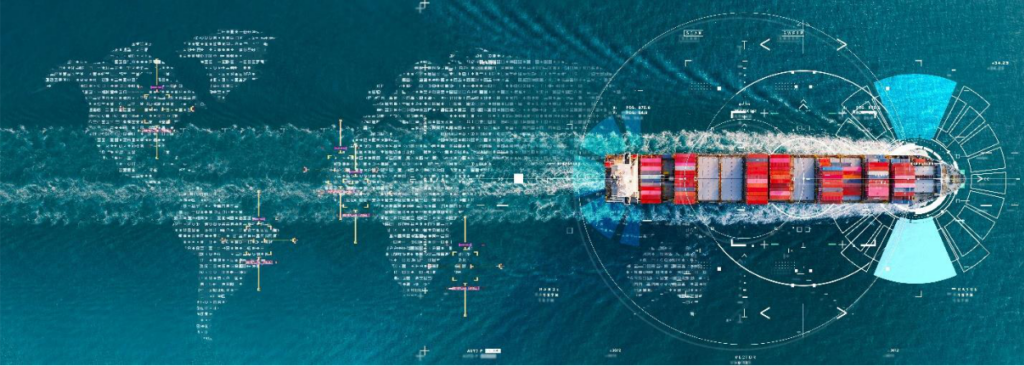
Country Risk Report – April 2024
$107.35 Billion |
State Department Travel Advisory Level Cuba- Level 2: Exercise Increased Caution |
76/180 |
Anti-Money Laundering/Terrorist Financing Governance GAFILAT |
Undefined |
Not Free |
Country Risk Report – April 2024
| GDP (2022) | $107.35 Billion |
| State Department Travel Advisory Level | Cuba- Level 2: Exercise Increased Caution |
| Corruption Index Score (2022) | 76/180 |
| Anti-Money Laundering/Terrorist Financing Governance | GAFILAT |
| Property Rights Index | Undefined |
| Freedom House Ranking | Not Free |
US and Cuba relations played a major role in 20th-century politics, particularly during the Cold War. The 21st century has witnessed major fluctuations tied to leadership changes in both locales.
During the Obama administration’s second term, the United States began to open up to Cuba by reestablishing diplomatic relations and proposing a partial lifting of the economic embargo in place since the 1960s.
While the subsequent US administration pulled back on many of the Obama-era policy reforms, Cuba has pursued reforms that seek to open its economy to the private sector and foreign investment.
The 2024 US election will likely have a major impact the development of US policy towards Cuba.
In 2018, Miguel Diaz-Canel Bermudez was approved as the President of Cuba by the National Assembly. This marked the first time since the Cuban Revolution of 1959 that a member of the Chavez family did not rule the country, marking a significant shift in Cuban society.
While Bermudez still adheres to the communist ideology that has ruled the country since the revolution, he has initiated several market reforms that have allowed for growth in Cuba’s private sector and the attraction of foreign direct investment (FDI).
The government in Cuba still retains tight control over civil society and many industries. In addition, questions regarding its record on human rights remain a significant barrier for it to have the US lift its decades-long economic embargo.
The Cuban economy suffered in the wake of the COVID-19 pandemic. Export earnings also faltered in 2023, amounting to only $9.1 billion, roughly a $3 billion decrease from 2019.
This has left the Cuban government cash-strapped and unable to provide its people with adequate food, medicine, power, and other basic needs.
There are several reasons for this:
Despite its economic challenges, Cuba has seen significant private sector growth following reforms allowing small and mid-sized businesses to operate under private ownership. This has led to higher income and greater autonomy for some but has already begun to spring problems with inequality as state-employed persons tend to have much lower salaries and cannot afford many of the goods being produced by the private sector.
Economic reforms have also focused on attracting foreign investment by easing regulations on foreign businesses and establishing special economic zones.
Major US-based restrictions to trade with Cuba remain, essentially making the country off-limits for American investors. However, the Cuban government has increasingly worked on opening up to new foreign direct investment through recent reforms.
Investment opportunities outlined in the “Portfolio of Opportunities for Foreign Investment” published by the Cuban Ministry of Foreign Trade and Investment include:
Importantly, FDI is prohibited by the Cuban government in the following industries:
While investing in Cuba may seem like a far-off dream for American companies, the fact that there is more private sector activity, shows what the future could look like.
It is important to note that “[p]ersons subject to U.S. jurisdiction are prohibited from doing business or investing in Cuba unless authorized by OFAC.” This poses challenges for potential investors, particularly those from the US.
In addition to the US-based restrictions, there are additional risks to consider:
Deep due diligence is essential to ensure compliance with US laws and regulations regarding doing business in and around Cuba.
If your firm operates in the Caribbean region, it is critical to avoid heightened Foreign Corrupt Practices Act risks.
If entering the region for the first time, you should also conduct a geopolitical risk assessment to ensure that there are no emerging political risk considerations that can impact your firm’s operations.
Want To Know More?
For a deeper review of political, economic, due diligence and security risks for Cuba, please contact us.
Our due diligence investigations help you understand fraud, bribery and corruption issues so your organization can avoid unnecessary risk exposures.
Protecting your corporation’s Board of Directors, shareholders and employees are part of key risk mitigation strategy.
Infortal has screened workforces for Fortune 100 companies, banks, law firms for 30 years including nationwide and international hires.
